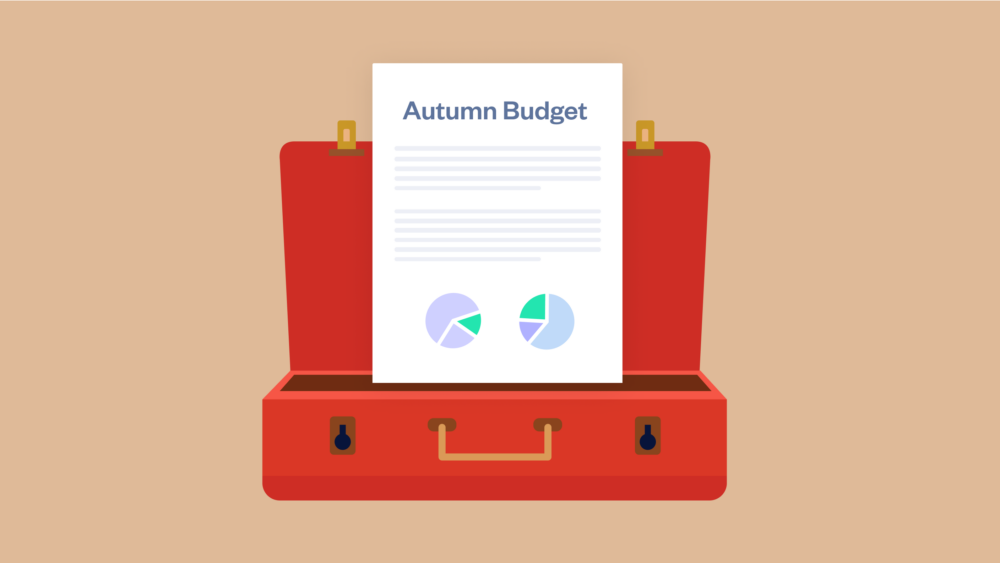Now live: a smarter way to manage, share and sign your company documents – with powerful AI integration on the horizon
As your company grows, so does your paperwork – new hire contracts, advisor agreements, pitch decks, investor updates an...
The Chancellor of the Exchequer, Rachel Reeves, announced the Labour government’s first budget in 14 years. This article will highlight the changes that affect startups and investors.
The rate of corporation tax will be retained at 25%. No changes are expected to the small profits rate, which reduces the rate of corporation tax for businesses with annual profits less than £50,000. Full expensing will be retained.
The Chancellor also announced that there will be no change to R&D tax credit rates.
There have been widely reported issues that dealing with HMRC has become more difficult and this has partly been blamed on HMRC staffing levels and resourcing. The Chancellor today announced that funding would be provided to HMRC to:
There will also be a rise in the rate of late payment interest on unpaid tax liabilities by 1.5% from April 2025.
Employers’ National Insurance Contributions (‘NIC’) is a tax paid by employers as a proportion of an employee’s salary. The Chancellor announced the following changes to employers’ NIC:
| Current Scheme | From April 2025 | ||
| Current rate of Employers” NIC | Current Threshold for payment of Employers’ NIC | New rate of Employers’ NIC (from April 2025) | New Threshold for payment of Employers’ NIC |
| 13.8% | £9,100 | 15% | £5,000 |
This is balanced by increasing the rate of employment allowance from £5,000 to £10,500.
You can include a proportion of your Employers’ NIC costs if you make a claim for R&D tax relief.
Capital Gains Tax (‘CGT’) is tax paid on the sale or disposal of assets, including shares. The Chancellor announced that the rates of CGT will rise as follows:
| Current rate | New rate from April 2025 | |
| Lower rate | 10% | 18% |
| Higher rate | 20% | 24% |
Business Asset Disposal Relief (BADR) and Investors’ Relief (IR)
Business Asset Disposal Relief (BADR) and Investors’ Relief (IR) are special CGT reliefs that currently allow certain business owners and investors to pay a reduced rate on profits from selling their business assets or shares. They will increases in phases:
Starting from April 6, 2025: The tax rate for both BADR and IR will increase to 14% from current 10%
Starting from April 6, 2026: The rate will increase again to 18%, which will match the main lower CGT rate.
The Chancellor also announced that the Seed Enterprise Investment Scheme (SEIS), the Enterprise Investment Scheme (EIS) and Venture Capital Trust (VCT) scheme will continue to be extended to 2035.
The Chancellor announced that the rates of National Minimum Wage (‘NMW’) and London Living Wage will rise as follows:
| Age of worker | Current rate | New rate |
| 21 and over | £11.44 per hour | £12.21 per hour |
| 18-20 | £8.60 per hour | £10 per hour |
You’ll have to ensure that you meet these National Living Wage requirements if you hire staff or third party workers (such as agency staff). This could make your payroll costs more expensive.
As a business, you must remain compliant with the NMW regulations or you could receive a fine of up to £20,000.
Stay up to date on SeedLegals news, resources and events - for founders and investors.
Sign upArticle Sources
Autumn Budget 2024 – GOV.UK |Accessed 30/10/2024
National Minimum Wage: policy on enforcement, prosecutions and naming employers who break National Minimum Wage law – GOV.UK | Accessed 30/10/2024
How much will the National Minimum Wage and National Living Wage rise by? – BBC News. | Accessed 30/10/2024








